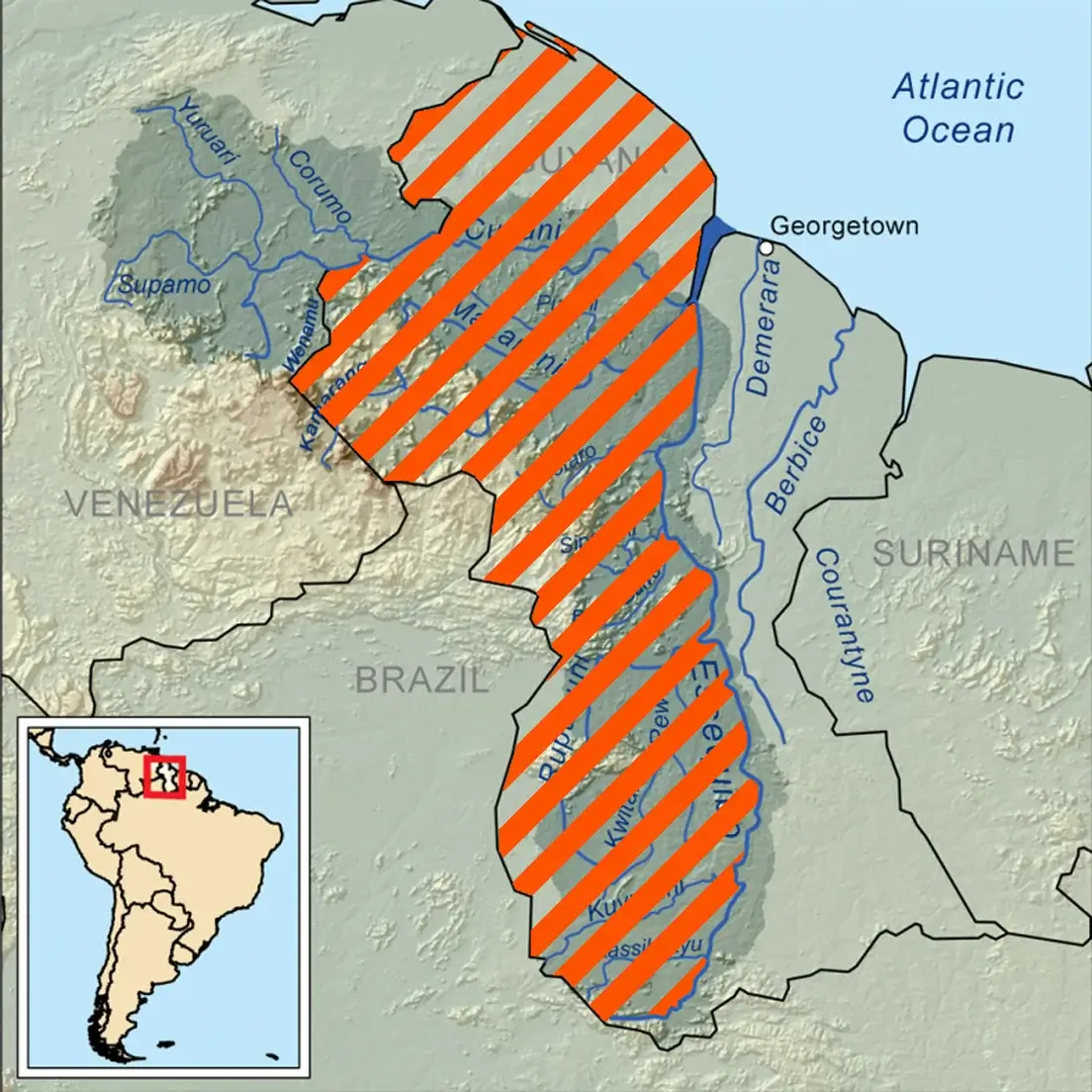Navigating Economic Waters:

Guyana’s Path to Recovery After the Esequibo Annexation
eyesonsuriname
1. The Challenge: Venezuela’s Bold Move
The recent annexation of the oil-rich Esequibo region by Venezuela has sent shockwaves through Guyana. This contested territory, comprising two-thirds of Guyana’s landmass, holds immense potential for economic growth. However, with Caracas eyeing offshore oil riches, Guyana faces an uphill battle. How can this small nation recover and thrive in the face of adversity?
2. Turning Crisis into Opportunity
Embracing Resilience
Guyana’s economy once relied heavily on agriculture and mining. Now, it stands at a crossroads. The discovery of over 11.2 billion oil-equivalent barrels and 17 trillion cubic feet of natural gas reserves in Essequibo opened doors to prosperity. But adversity breeds resilience. Guyana must harness its determination to transform crisis into opportunity.
3. Crafting a Strategic Blueprint
Diversifying Beyond Oil
While oil production generates substantial revenue, Guyana must diversify its economic portfolio. Investments in education, healthcare, and infrastructure are crucial. By nurturing a skilled workforce, attracting foreign direct investment, and promoting sustainable tourism, Guyana can build a resilient economy that transcends oil dependency.

Regional Cooperation
Guyana should engage its neighbors and international partners. Collaborative efforts can lead to joint ventures, knowledge sharing, and infrastructure development. By fostering regional cooperation, Guyana can leverage collective strengths and mitigate the impact of the Esequibo annexation.
4. Charting a New Course
Innovation and Technology
Investing in innovation and technology is non-negotiable. Guyana can leapfrog traditional barriers by embracing digital transformation. E-governance, fintech, and renewable energy initiatives can propel the nation forward.
Sustainable Development
Guyana’s pristine rainforests and biodiversity are assets. Responsible eco-tourism, conservation efforts, and sustainable resource management will not only protect the environment but also create jobs and attract investors.
Conclusion: Sailing Toward Prosperity
As Guyana navigates these uncharted waters, it must remember that resilience, collaboration, innovation, and sustainability are its compass points. The Esequibo annexation may have altered the map, but Guyana’s spirit remains unyielding. Let us sail toward prosperity, leaving behind the moments that are over, and embrace a future shaped by our choices1234.
“As we look to the future, let us remember that the choices we make today will shape the world we leave for our children and grandchildren.”
— Paulo Coelho5









